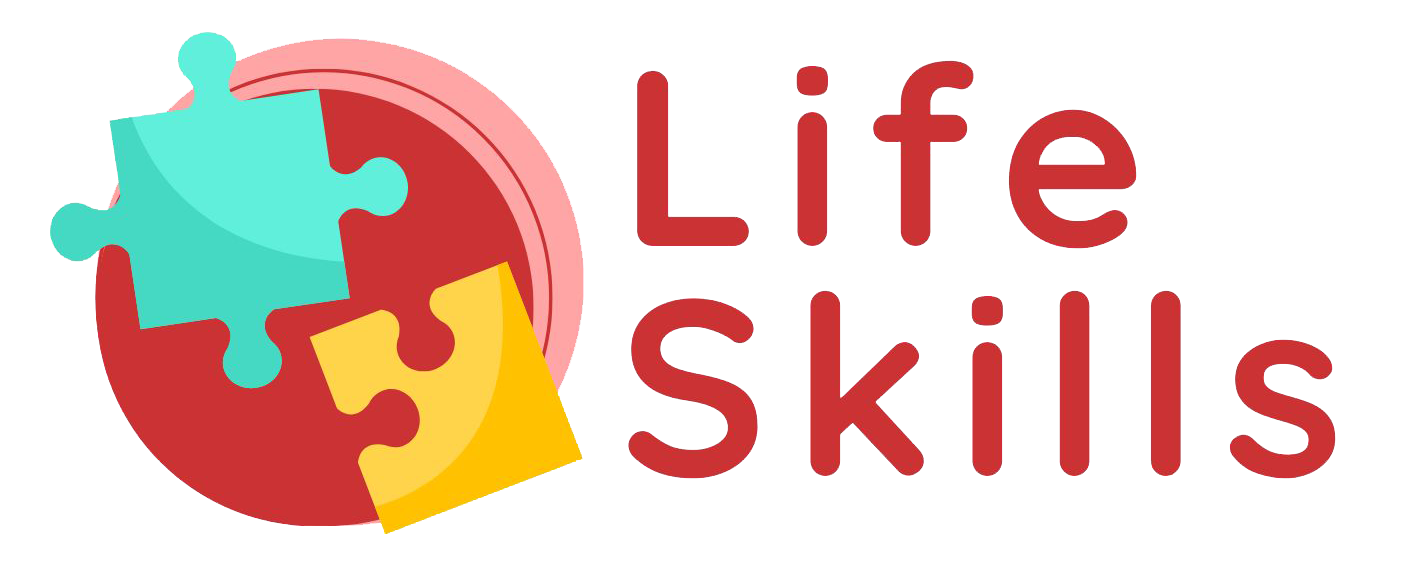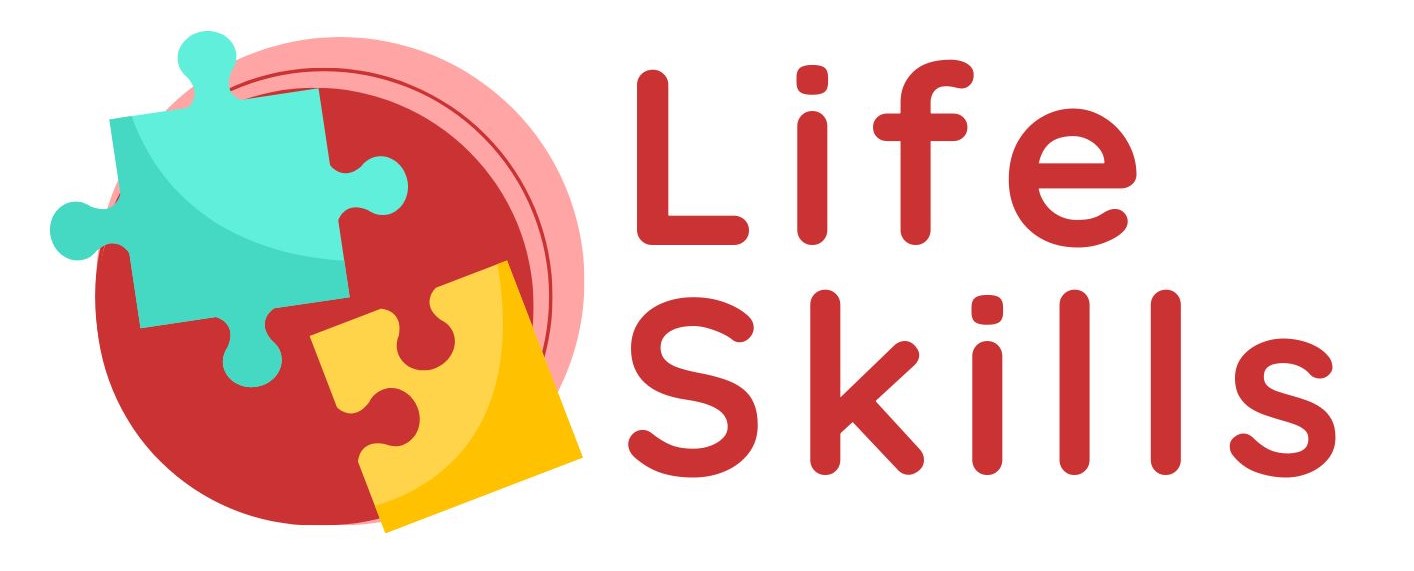Personality
This bundle of activities is designed to help you explore and better understand your personality, traits, and behavior patterns. Through self-discovery exercises, interactive activities , and real-life scenarios , you’ll gain valuable insights into how your personality influences your decisions, relationships, and future goals — empowering you to grow with greater self-awareness and confidence.
Values and their definition
In the following activity, you will find words which represent values. Match each value card with its correct definition or image to better understand the meaning of each value.
Values, Interests and Skills
In this activity, you have several words and phrases that represents Values, Interests or Skills. Drag and drop each word or phrases in the correct category.
Personality traits and emotional intelligence
In the following activity you need to read each statement and decide if it’s true or false to test your knowledge of personality traits and emotional intelligence.
16 personalities
In the following activity, you need to complete the crossword by matching each keyword to its correct place. You can also discover the definition of the different concepts by clicking on the word in the list below.
Energized by being around people and engaging with the external world; tends to focus on activities and interactions.
Energized by solitude and inner thoughts; prefers quiet environments and reflection.
Focuses on patterns, possibilities, and abstract concepts; enjoys thinking about the future and big-picture ideas
Focuses on the present moment, facts, and practical details; prefers concrete information and hands-on experiences.
Makes decisions based on values, emotions, and how decisions affect others; values empathy and harmony.
Makes decisions based on logic, facts, and objective analysis; values fairness and consistency.
Prefers flexibility, spontaneity, and keeping options open; adapts to new information and situations.
Prefers structure, planning, and decisiveness; enjoys having things settled and organized.
Want to find out more?
Check out the 16 personalities website where you can take the test!
Discover personality traits
In the following activity, you need to read each scenario and select the correct personality trait from the multiple-choice options.
The power of No
In the following activity, you need to choose how you would response in each situation to discover your communication style and how assertive you are.
Assertive
Approach
Direct and respectful
Tone
Calm, clear, confident
Impact
Promotes mutual respect and understanding
Passive
Approach
Avoidant, people-pleasing
Tone
Hesitant, apologetic
Impact
Leads to resentment, burnout, and confusion
Aggresive
Approach
Blunt, disrespectful
Tone
Harsh, confrontational
Impact
Causes conflict, damages relationships
Step out of the comfort zone
In the following activity, you need to put the actions in the correct order to show how you step out of your comfort zone, from comfort to stretch to panic.
General tips to enhance personality
In the following activity, you need to tick the sentence that corresponds to the personality trait represented by the given image.


